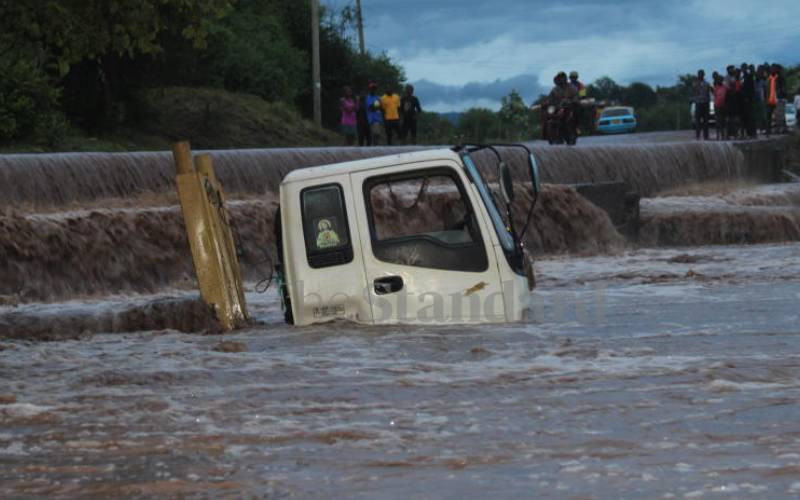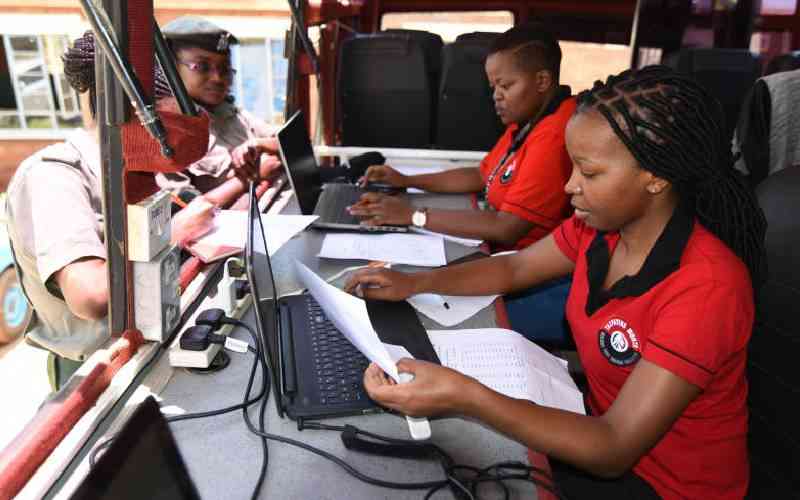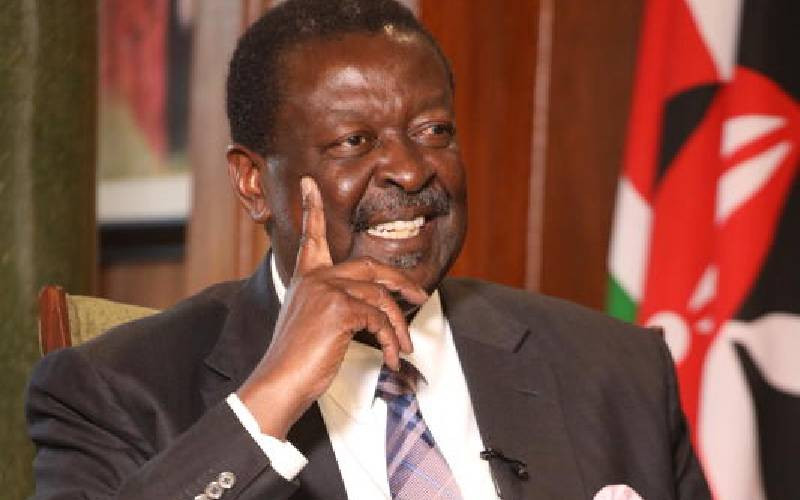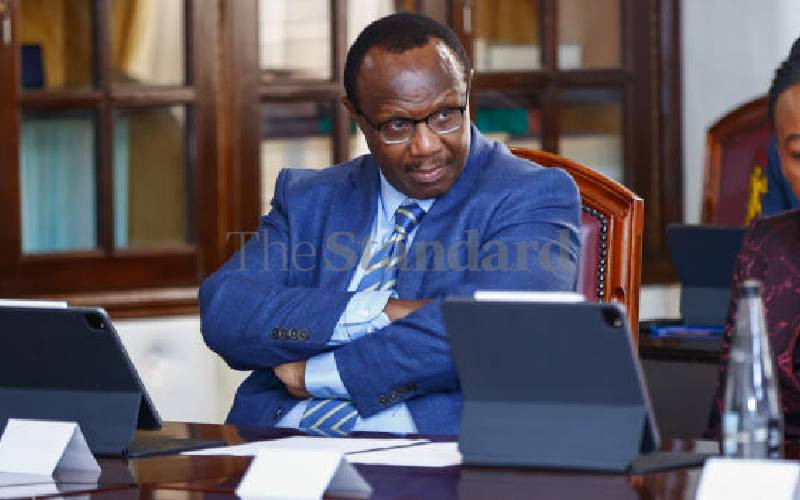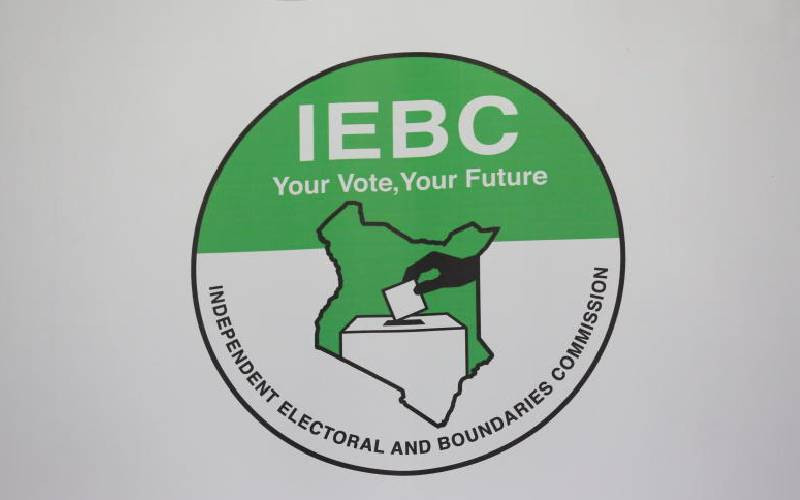
There is a level of recklessness in our public space that borders on criminality. In a country where politics and particularly elections are matters of life and death, we have not had an electoral commission for nearly two years!
The first lot to leave the previous commission were the Cherera 4. Their departure left the commission in technical limp mode. A few months later, the terms of the Chebukati 3 came to an end and they also headed home.
Since the courts have decreed that a commission is its commissioners, we have incorporated provisions for extension of term until a new commission is been without a commission.
Granted, the secretariat is still in office, but it cannot perform the commission’s constitutional duties. Had our history not made us suspicious that any margins left in the law would be used for perverse purposes, we would have appointed. I still believe this a more reasonable risk than the situation we find ourselves in. I call our current situation reckless because critical roles the commission was constitutionally required to perform remain in limbo.
One of these is the revision of constituency boundaries that was to be completed before the next General Election. We are already in violation of this constitutional edict.
The failure is also reckless because it assumes that elections will only occur in 2027 so we have lots of time to bicker and politic around the issue.
Let us pray that we do not have a crisis that requires the electoral body before we get our act together. But even without a crisis, we are aware that one of the greatest challenges in elections management in Kenya, identified by the Kriegler Commission in 2008, is the short time granted to the electoral management body between its appointment and the time it is required to oversee the general elections.
In our current scenario, assuming the law on the appointment process is passed in the next one month, the process of appointing a selection panel, advertising, and receiving applications, interviews, political bargaining, and ultimate vetting by Parliament will most probably not be completed before the end of the year.
The commission will then have only two and a half years before the next elections. Anyone who has been involved in institutional development knows it takes long for teams, especially those with delicate mandates like managing elections, to bond, establish a working relationship with the secretariat and critical stakeholders, and get to know the nuts and bolts of a complex process like elections which is way beyond its technical components.
I will not be surprised that after the 2027 elections, we will be complaining that the team was not as efficient because their learning curve was too steep. What has held back this process is failure by the two major political factions and their key coalition partners to agree on the ideal way of establishing a commission where the partisanship is equal. No one wants a truly non-partisan body, the “independent” in the name of the commission notwithstanding. Unfortunately, one of the possible consequences of the partisan character of the institution is what the 2022 elections produced; a commission divided right down the middle based on political loyalty.
But since elections are primarily a political affair, and there is need for broad political support for an electoral management body, infusing a level of partisanship is not unreasonable.
The other reason why partisanship should not be a great concern is that Kenyan politics mutates between elections and loyalties also shift as the power balance shifts. The longer the period between appointment and elections, the greater the possibility of mutation. What one hopes is that the persons ultimately appointed, will not be those whose partisanship is the irrational kind.
In 2022, we saw the absurdity of commissioners demanding a vote to determine the results! Partisan or not, what the country needs is a competent electoral management body.
Now that Kenyans have written a cheque for a staggering Sh9 billion for Bunge Towers, complete with a gym and spa, and an underground tunnel to keep off bothersome watus, the Waheshimiwas owe us an electoral commission as a matter of urgency, at any rate before the end of the year.
-The writer is an advocate of the High Court of Kenya
 The Standard Group Plc is a multi-media organization with investments in media
platforms spanning newspaper print operations, television, radio broadcasting,
digital and online services. The Standard Group is recognized as a leading
multi-media house in Kenya with a key influence in matters of national and
international interest.
The Standard Group Plc is a multi-media organization with investments in media
platforms spanning newspaper print operations, television, radio broadcasting,
digital and online services. The Standard Group is recognized as a leading
multi-media house in Kenya with a key influence in matters of national and
international interest.
 The Standard Group Plc is a multi-media organization with investments in media
platforms spanning newspaper print operations, television, radio broadcasting,
digital and online services. The Standard Group is recognized as a leading
multi-media house in Kenya with a key influence in matters of national and
international interest.
The Standard Group Plc is a multi-media organization with investments in media
platforms spanning newspaper print operations, television, radio broadcasting,
digital and online services. The Standard Group is recognized as a leading
multi-media house in Kenya with a key influence in matters of national and
international interest.



